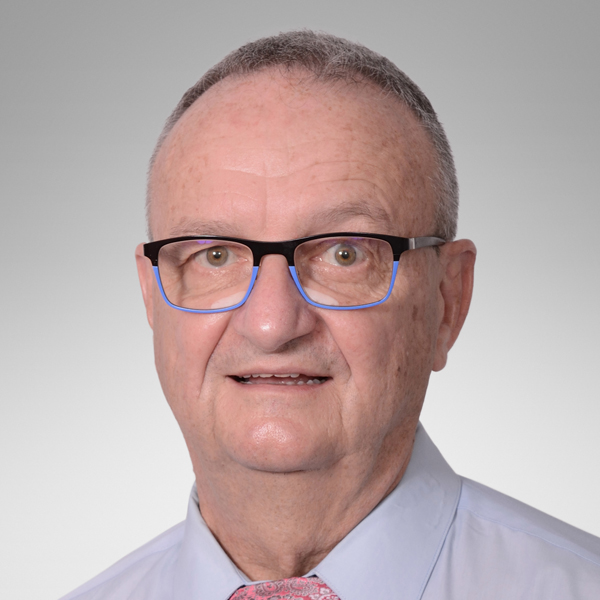Pierre Mathieu Charest
Professor Emeritus
Pierre Mathieu Charest specializes in plant pathology, cell architecture, and microscopy, but his true passion is teaching. His students are his top work priority, though that hasn’t kept him from engaging in research, administration, and international collaborations, particularly in humanitarian initiatives.
Once a teacher, always a teacher
When Professor Charest was hired by the Department of Plant Science as an expert in cellular biology, plant anatomy, and morphology, he plunged enthusiastically into teaching, a role central to his vocation. As an educator, he makes a point of using teaching methods that combine basic science with broader agronomic considerations. For example, he has taught future agronomists the importance of studying transgenic plants not only from a fundamental scientific perspective—but also as a social issue that calls for ethical consideration.
Professor Charest has developed several areas of expertise thanks to grants from NSERC, FRQNT, Agriculture and Agri-Food Canada, and MAPAQ. A specialist in the use of molecular tools to identify fungal agents that cause crop diseases, he has also studied the role of cytoskeletal proteins in cell division, intracellular cyclosis, and cellulosic matrix development. His lab was the first to identify a membranous skeleton in plant cells. This breakthrough led to the discovery of a “spectrin”-type protein in higher plants.
Professor Charest has authored 54 publications in leading scientific journals and supervised 17 graduate students and 3 postdoctoral fellows. He also started a summer school for urban agriculture which was a big success for three straight years.
A commitment to Université Laval and the world
Pierre Mathieu Charest has held various administrative positions at Université Laval while continuing to teach. He was appointed as head of the master’s and doctoral programs in plant biology, then director of the Department of Plant Science, and finally vice dean of studies in the Faculty of Agriculture and Food Sciences. As vice dean, he stood out for his support for international humanitarian initiatives. These initiatives included FASAM, an agricultural training project for food security in Mali, under which 35 scholarships were awarded to Malians for graduate studies at Université Laval, and a program to help the Faculty of Agronomy and Veterinary Medicine at the State University of Haiti recover from the 2010 earthquake. He also helped create training for this faculty as part of the AKOSAA project.
His expertise in high-resolution cryo-microscopy led to him serving as organizer of the 2002 International Microscopy and Microanalysis conference held in Québec City, which was named “event of the year” by the Québec City Convention Centre’s Ambassadors’ Club. As secretary and treasurer of the Microscopical Society of Canada, Professor Charest has done much to promote this science within the realm of biology. In 2008, he received the Frances W. Doane Award for his outstanding contribution in the field of microscopy in Canada.
Professor Charest has brought international renown to Université Laval through his international accomplishments and initiatives.
